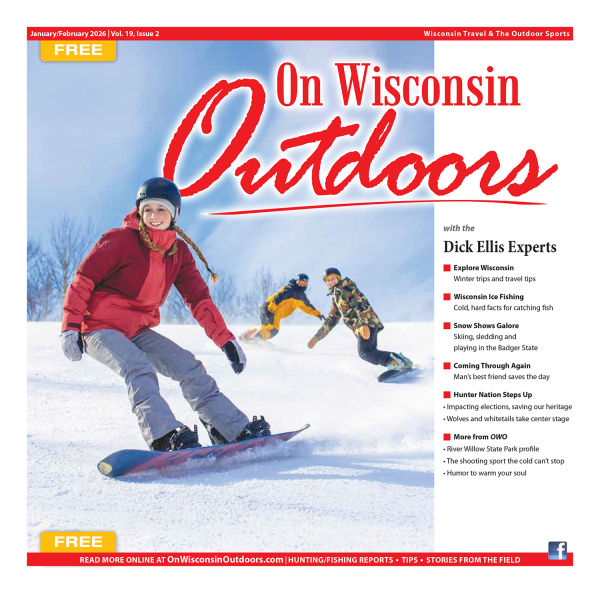State officials advise farmers to plan ahead for fall and winter manure spreading
MADISON - With continued wet and wintry weather in many areas of the state,
officials with the departments of Natural Resources and Agriculture, Trade
and Consumer Protection are reminding farmers to plan ahead and use state
and local resources when they spread manure this fall and winter.
The agencies sent out a similar notice in September, when it became apparent
that the harvest would be delayed both because of late planting and wet fall
conditions. Those wet conditions are continuing, further delaying the
harvest in parts of the state. Combined with early snowfalls and freezing
temperatures, that could mean a narrow window for manure spreading this
fall.
State officials have also cautioned farmers that field conditions in some
regions may parallel last year, which resulted in some farmers having frozen
fields after corn and soybeans were off. If the snowy and cold weather
continues, that could mean frozen ground conditions and a higher risk for
manure runoff.
The Department of Natural Resources has contacted large farms with waste
discharge permits to notify them of their options. However, livestock farms
of any size need to be aware of potential problems, officials note.
The online Wisconsin Manure Management Advisory System offers the Runoff
Risk Advisory Forecast (www.manureadvisorysystem.wi.gov
<http://www.manureadvisorysystem.wi.gov/> - exit DNR), a tool all farmers
can use to assess how high the risk of runoff is for their general location
before they spread manure. The tool uses weather forecasts of rain or
melting snow, along with soil moisture, slope, land cover and snow cover.
Farmers can also use nutrient management maps included in the MMAS to
evaluate which of their own fields are the least or most prone to runoff.
The system is a joint effort of DATCP and several federal and University of
Wisconsin entities.
Farmers with nutrient management plans need to follow their plans and pay
close attention to soil conditions, application rates and setbacks from
streams, lakes or drinking water wells.
Farmers without nutrient management plans are also encouraged to contact
crop consultants or county conservationists, who can help identify fields
and practices that lower risk for runoff.
Contact information for county conservation offices is available at
datcp.wi.gov <http://datcp.wi.gov/> (exit DNR), search for "conservation
directory". Information about response planning and prevention of manure
spills <http://dnr.wi.gov/topic/agbusiness/manurespills.html> is on the DNR
website.
Regardless of whether farmers have nutrient management in place, they need
to have an emergency plan in case they have a runoff incident, say DNR and
DATCP officials. Farmers need to know what steps to take if runoff or a
spill occurs, who to call, how to contain it and how to clean it up.
If a spill or manure runoff occurs during spreading, farmers need to report
the spill immediately by calling the DNR spill emergency hotline at
1-800-943-0003.











